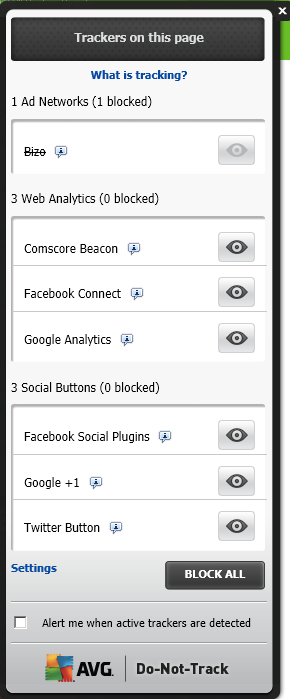Goldman Sachs has launched an investigation into its corporate email following accusations from a former senior employee that there is a “toxic and destructive” culture at the merchant bank.
Greg Smith, a former exec at the bank, alleged that employees privately referred to clients as “muppets” in internal email conversations as well as committing other transgressions of business etiquette.

Smith penned his damning critique after spending 12 years working at the firm in an op-ed piece in the New York Times, published on 14 March. The former executive director and head of the firm’s US equity derivatives business in EMEA alleged in the NYT piece that the culture at the firm changed during the time he worked there and that the “interests of the client continue to be sidelined in the way the firm operates and thinks about making money”. Smith didn’t make any allegations about criminal behaviour but rather described a consistent push to sell clients high-commission products that failed to meet their investment needs. He urged his former bosses to “weed out the morally bankrupt people, no matter how much money they make for the firm”.
Goldman Sachs quickly issued a defence, arguing that the bank continues to maintain a client-led culture. “We were disappointed to read the assertions made by this individual that do not reflect our values, our culture and how the vast majority of people at Goldman Sachs think about the firm and the work it does on behalf of our clients.”
It characterised Smith as a “disgruntled” ex-employee and pointed out it had recently been named as one of the best places to work in the UK, Smith’s last base of operations before he quit the investment banking firm.
“In a company of our size, it is not shocking that some people could feel disgruntled. But that does not and should not represent our firm of more than 30,000 people. Everyone is entitled to his or her opinion. But, it is unfortunate that an individual opinion about Goldman Sachs is amplified in a newspaper and speaks louder than the regular, detailed and intensive feedback you have provided the firm and independent, public surveys of workplace environments,” Goldman Sachs said.
Nonetheless, an audit of Goldman Sachs’ emails has been ordered by CEO Lloyd Blankfein in the wake of the affair, The Independent reports. The Telegraph adds that the “review of internal emails” was announced to the bank’s partners during a conference call last week.
We asked Goldman Sachs to comment on reports of an email audit but the bank did not get back to us.
The corporate emails of 30,000 staff will reportedly be examined as part of the audit exercises, a massive undertaking that will test the investment banker’s IT capabilities, according to independent specialists.
IT bods will need to create easy access to email troves
Spencer Allingham, technical director at IT optimisation specialist Condusiv Technologies, commented: “While investigating emails to tap into corporate culture will undoubtedly be revealing for the organisation, the sheer amount of work to recover past or deleted emails will be a vast drain on time and money if appropriate technology is not in place.
“For many IT departments it is a constant struggle to find the budget to update systems and improve efficiency, and it is at times like these that poor infrastructures are exposed, and can cause reputational damage, even putting companies head to head with legislation, if the investigation is a legal requirement.”
Allingham said that tighter financial regulations meant that email trawls like the one Goldman Sachs has been obliged to undertake are likely to become more commonplace in future. Failure to put a strategy in place that can accommodate such investigations could prove to be expensive if anything goes awry, he warned.
“The recent climate of Big Data and virtualisation has only extrapolated the issue of controlling the data deluge common to most corporate environments. Data now varies in content, sensitivity, form and also in how it’s stored, but as investigations such as the Goldman Sachs case proves, speed is key and access to data needs to occur irrelevant of changes in the IT infrastructure.
“It is therefore critical that IT departments see the trend of email investigations on the horizon and prepare their IT systems accordingly. Firms need to have the right technology in place to be able to steer clear of unnecessary complexity in such investigations, which threaten to compromise the core of their business. Essentially, inadequate technology could waste valuable time, and that is time taken away from customers – which could ultimately cost an enterprise on the bottom line.“ ®
Article source: http://go.theregister.com/feed/www.theregister.co.uk/2012/03/27/goldman_sachs_email_audit/
